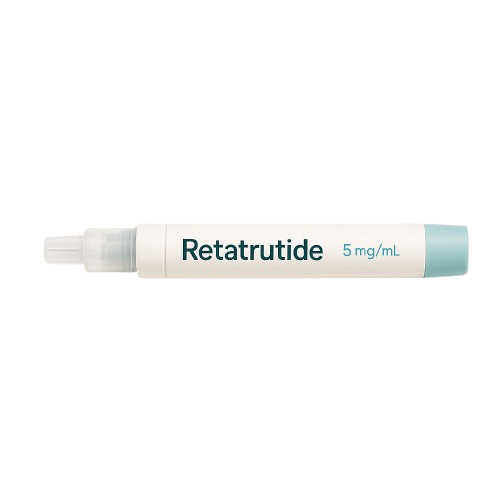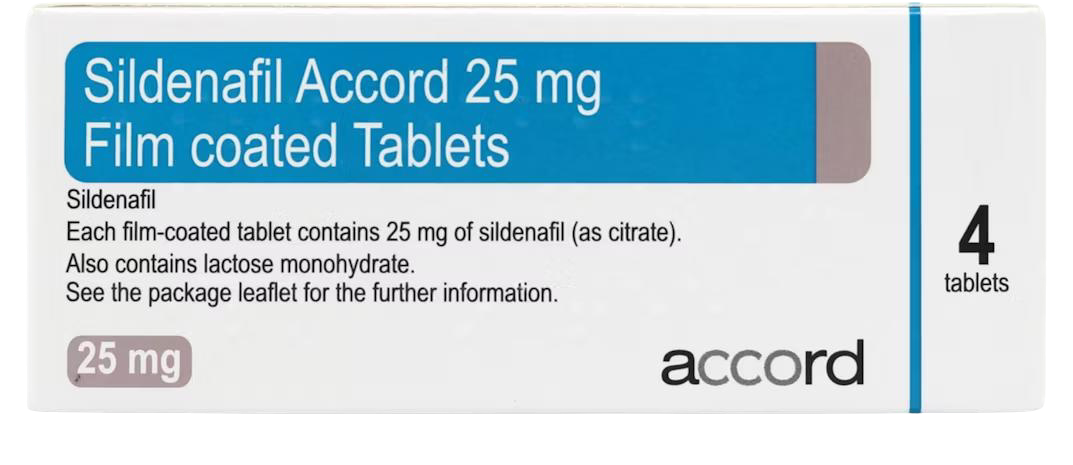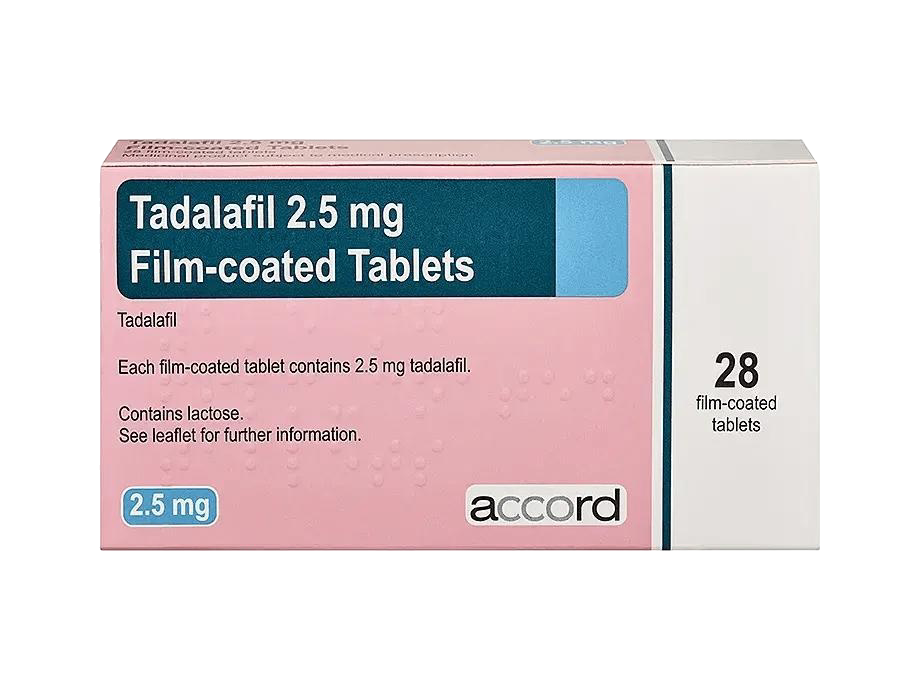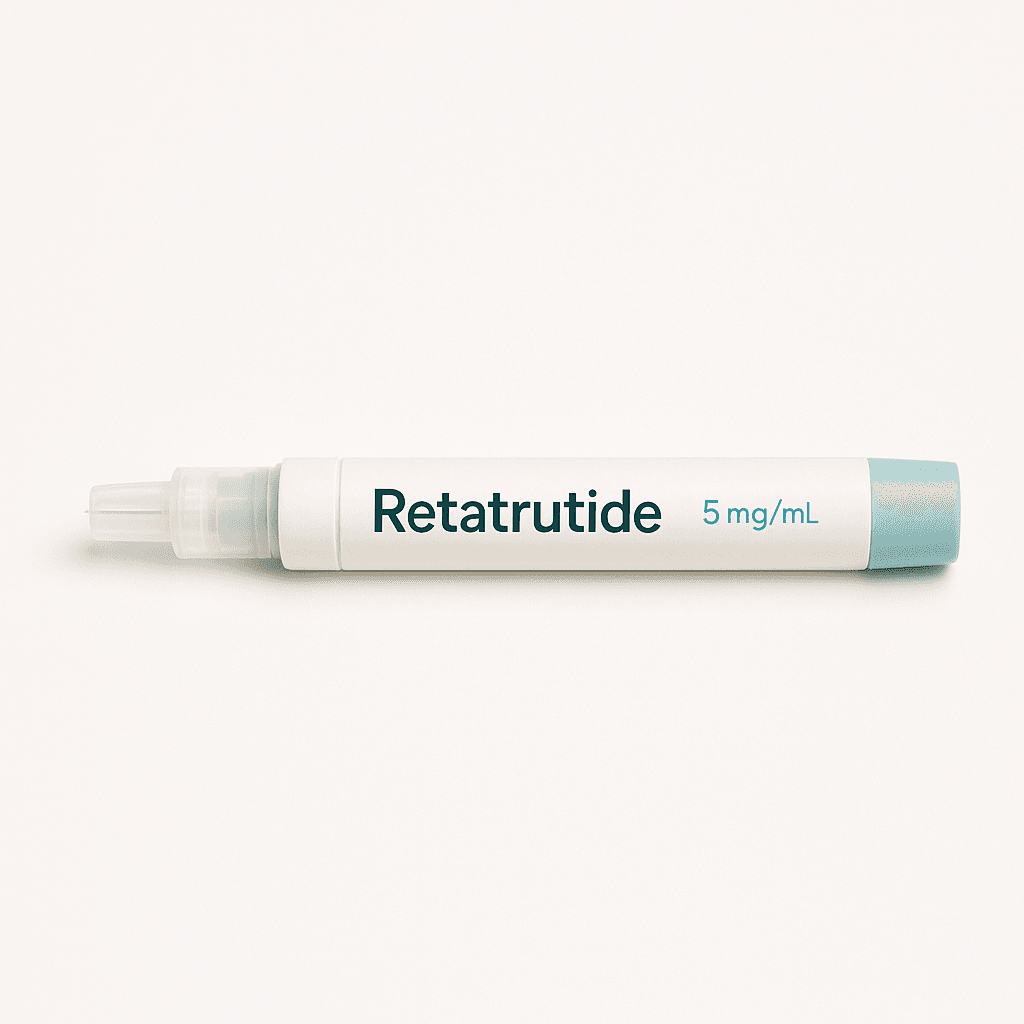Retatrutide: The Next Big Weight-Loss Injection Coming Soon
By Irfan Mahmud, Pharmacist & Independent Prescriber
What is Retatrutide?
Retatrutide is a new weekly weight-loss injection currently being developed by Eli Lilly. Unlike current treatments such as Wegovy (semaglutide) and Mounjaro (tirzepatide), Retatrutide works on three hormone pathways at the same time:
- GLP-1 receptor – reduces appetite and helps control blood sugar
- GIP receptor – supports insulin release and further appetite control
- Glucagon receptor – may increase how much energy the body burns
This triple action is why Retatrutide is sometimes called a “triple agonist”. Early results suggest it could be the most effective weight-loss injection yet.
How Much Weight Can People Lose with Retatrutide?
In a clinical trial published in The New England Journal of Medicine (2023), over 300 adults living with obesity took Retatrutide for 48 weeks. The results were impressive:
- People on the highest dose lost an average of 24% of their body weight
- Many achieved **15–20% weight loss** even on lower doses
- Placebo (no active treatment) led to only about 2% weight loss
To put that into context:
Wegovy: ~15% average weight loss
Mounjaro: ~20% average weight loss
Retatrutide: up to 24% in under a year
If confirmed in larger studies, this could make Retatrutide the most powerful weight-loss medication available.
What are the Side Effects?
Like other GLP-1 based medications, the most common side effects of Retatrutide were:
- Nausea
- Diarrhoea
- Vomiting
- Constipation
Most were mild or moderate and got better over time. Some people also experienced a small increase in heart rate.
Important: Retatrutide is still in development. Long-term safety data is not yet available, and it is not currently approved for use.
When Will Retatrutide Be Available in the UK?
At the moment, Retatrutide is in phase 3 clinical trials. This means it could still take a short while before it is approved by regulators such as:
If all goes well, Retatrutide could become available around 2026–2027 However, timelines may change depending on trial results and approvals.
Is Retatrutide Better than Wegovy and Mounjaro?
It’s too early to say for certain, but the early results are very promising.
- Wegovy (semaglutide) has been shown to help people lose around 15% of their body weight on average.
- Mounjaro (tirzepatide) is even stronger, with results of ~20% weight loss in many clinical trials.
- Retatrutide has so far shown up to 24% weight loss in under a year in its phase 2 trial.
This suggests Retatrutide might be more effective than both Wegovy and Mounjaro.
However, there are important caveats:
- Retatrutide is still in early trials (phase 2 and 3) — unlike Mounjaro and Wegovy, which are already approved and available.
- We don’t yet know how safe Retatrutide will be in the long term.
- Larger, real-world studies are needed to confirm whether patients maintain the weight loss and tolerate the treatment well.
Bottom line: Retatrutide looks like it could be more effective, but until phase 3 trials are complete, we can’t say it’s “better” for sure.
FAQs About Retatrutide
Is Retatrutide available now?
No. Retatrutide is still in clinical trials and is not yet approved for use anywhere in the world.
When will Retatrutide be available in the UK?
If phase 3 trials are successful, Retatrutide could be approved around 2026–2027. Exact timing will depend on trial results and regulatory review by the MHRA and NICE.
Is Retatrutide better than Wegovy and Mounjaro?
Early studies suggest Retatrutide may lead to more weight loss than Wegovy or Mounjaro.
Will Retatrutide be available on the NHS?
It’s too early to know. NICE will need to review the clinical evidence and cost-effectiveness before deciding if it can be prescribed on the NHS.
Can Retatrutide be used for diabetes?
Yes, trials are also studying Retatrutide in people with type 2 diabetes. Early results show it helps improve blood sugar levels as well as reducing weight.
How does Retatrutide work?
It targets three hormone pathways (GLP-1, GIP, and glucagon) that control appetite, insulin, and energy use — leading to reduced hunger and increased fat burning.
What are the side effects of Retatrutide?
The most common side effects so far are nausea, vomiting, diarrhoea, constipation, and mild increases in heart rate. Long-term safety is still being studied.
Is Retatrutide safe?
So far, side effects look similar to other GLP-1 injections, but we don’t yet know the full long-term safety profile. That’s why phase 3 trials are so important.
How is Retatrutide taken?
It is given as a weekly injection under the skin (similar to Wegovy and Mounjaro).
What happens if you stop taking Retatrutide?
Like other weight-loss medications, people may regain weight if they stop treatment. Long-term studies are needed to understand how durable results are after stopping.
Will Retatrutide be expensive?
Pricing has not yet been announced, but given the cost of other GLP-1 medicines, it is likely to be expensive at launch. Insurance, NHS, or private coverage will vary by country.
Can Retatrutide be used with other weight-loss drugs?
Currently, studies test it on its own. Whether it can be combined safely with other medications has not yet been determined.
The Bottom Line
Retatrutide is one of the most exciting new treatments in obesity medicine. In early studies, people lost nearly a quarter of their body weight in less than a year — more than what we see with today’s injections.
But for now, Retatrutide is still experimental. Larger trials will show if it’s safe, effective long-term, and suitable for NHS or private use in the UK.
At Cuva Health, we’ll be following its progress closely. As soon as more updates are available, we’ll keep our patients informed.
Reviewed by Irfan Mahmud, Pharmacist & Independent Prescriber (GPhC Reg. No: 2080386)
Irfan is a UK-registered pharmacist and independent prescriber with over 15 years expertise in weight management, primary care, and lifestyle medicine. As the founder of Cuva Health, he is dedicated to providing safe, clinically-approved treatments and clear, trustworthy health guidance.











